Let’s get a little deeper into yin and yang.
Yin and yang are two forces reside in one thing, just like head and tail of a coin. If head is yang, then tail is yin. Yin and yang co-exist, but the characteristics of each contrast with that of the other.
In general, we may say that yin is passive, dark, submissive and weak. This is in contrast to yang, which is active, bright, aggressive and strong.
If we apply the analogy to emotions, then yin would portray the negative aspects, such as sadness, stress and pessimism. Yang, on the other hand, refers to the bright side of emotions, such as cheerfulness, composure and optimism.
In the lingo of positive-thinking culture, this could lead to a conclusion that yang is better and preferable, since we often associate being positive, proactive and cheerful to success and their opposites to failure.
This is, however, misleading.
In the first place, yin and yang are not value judgment. In other words, yin is neither good nor bad. The same applies to yang.
They are simple descriptions of existence, just like when you describe a cup. A cup is a cup. Whether it is a good or bad cup depends on many factors, but a cup is still a cup. It can be a good or a bad cup or both, depending on the context.
Another example is about the different stages in a person’s life cycle.
If we see a person’s youth is the spring – or yang — of a life cycle then being old can be interpreted as yin or winter. The yin and yang simply say about the two stages in a life cycle, it does not say one is better than the other.
Whether yin is better than yang or the other way around depend not on yin and yang, but what you are comparing. If you are talking about vigor, being young may be better. But when you are talking about wisdom, you would favor the old.
The concerns for yin and yang go beyond the concepts of what they are. It is more about their management. If you can manage the two energies well, growing old can be a delightful experience with confidence and eagerness filling to the brim. In contrast, if you do not manage well, being young can be miserable, boring and gloomy.
“Tao engenders One;
One engenders Two;
Two engenders Three;
Three engenders all things.
All things carry the yin (femininity)
while embrace the yang (masculinity).
Neutralising energy brings them into harmony.”— Tao Te Ching quotes, Verse 42
Thanks to Kyle Steed for the pix

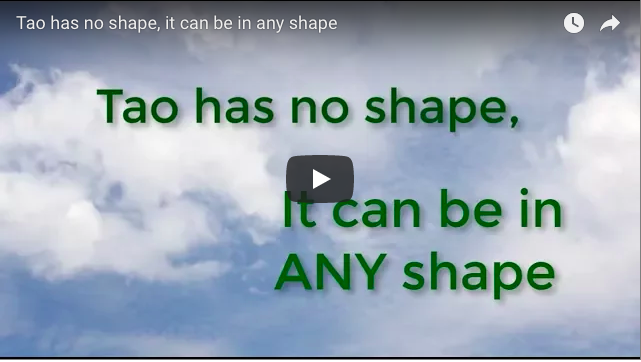
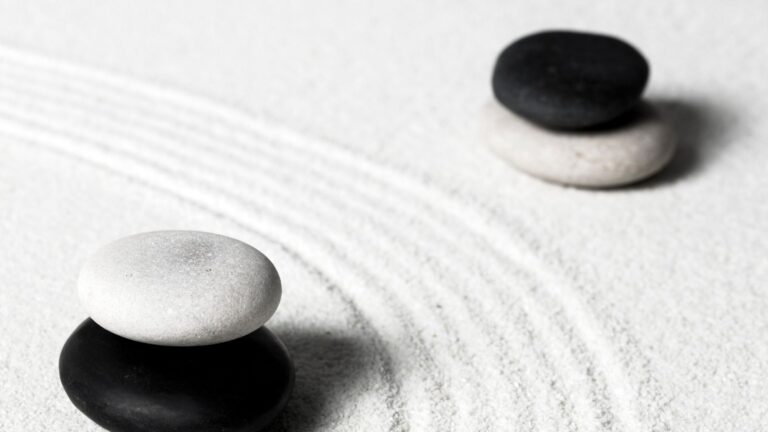
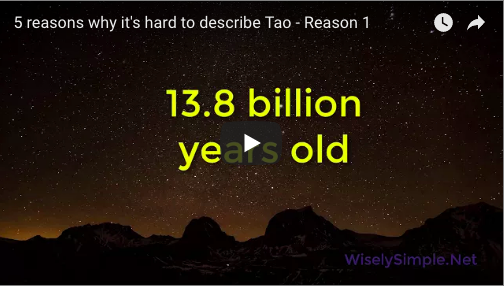
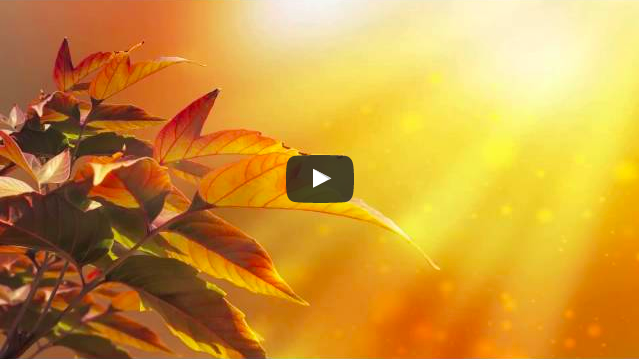

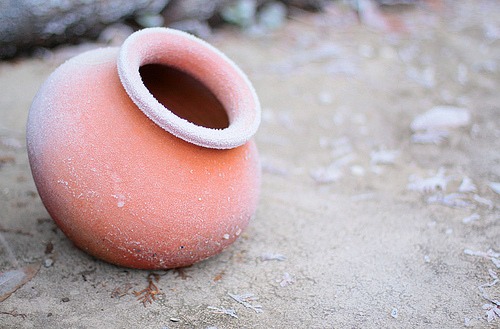
Hello, what is old and young yin and yang?
I know nothing abt the Tao; but do have a regular Buddha Maitreya practice and just had a dream that Kuan Yin did an iChing reading for me! Thanks
Thank you for sharing. I’m not quite sure about your question as it’s unusual to describe yin and yang as being old and young.